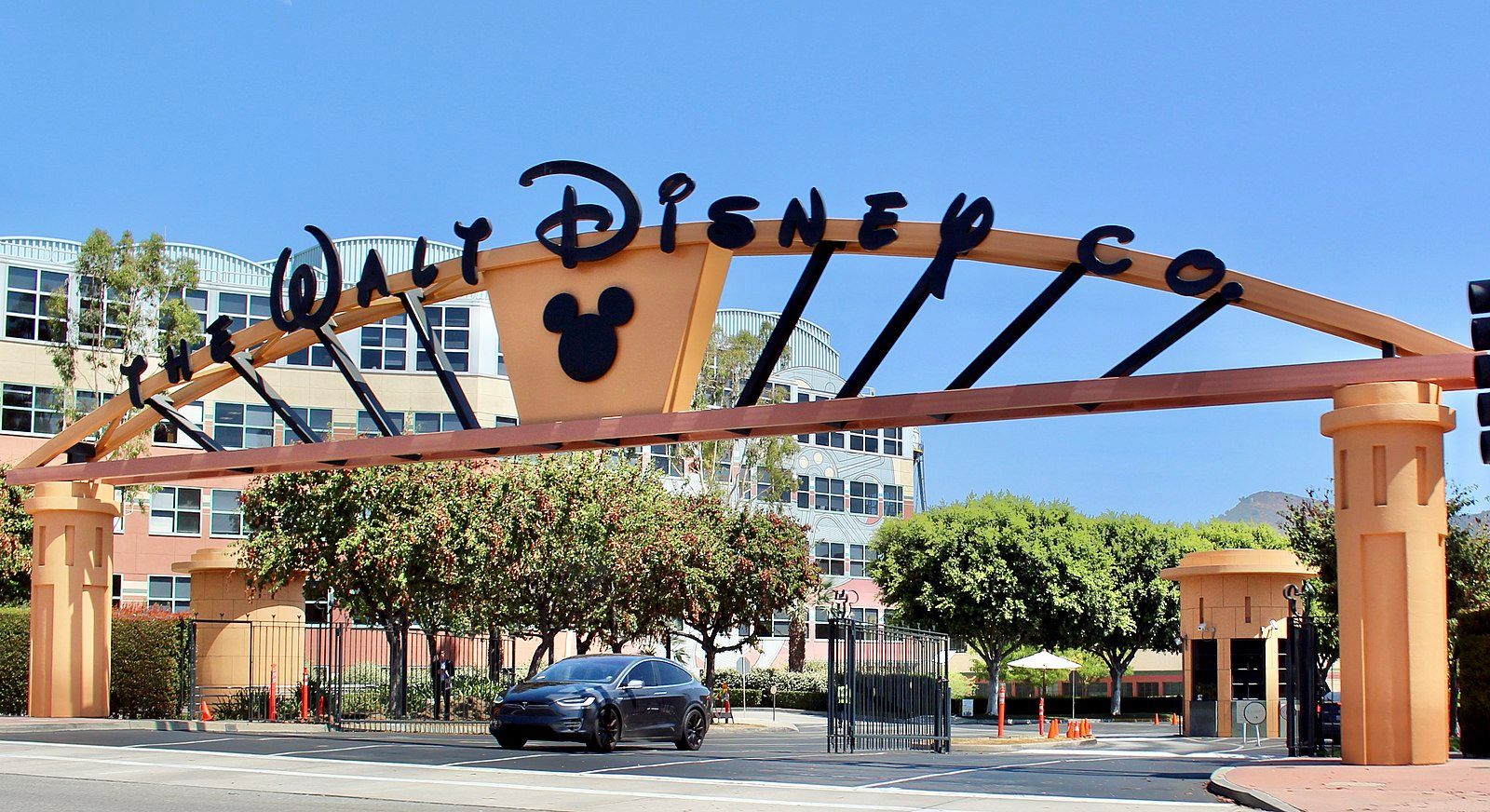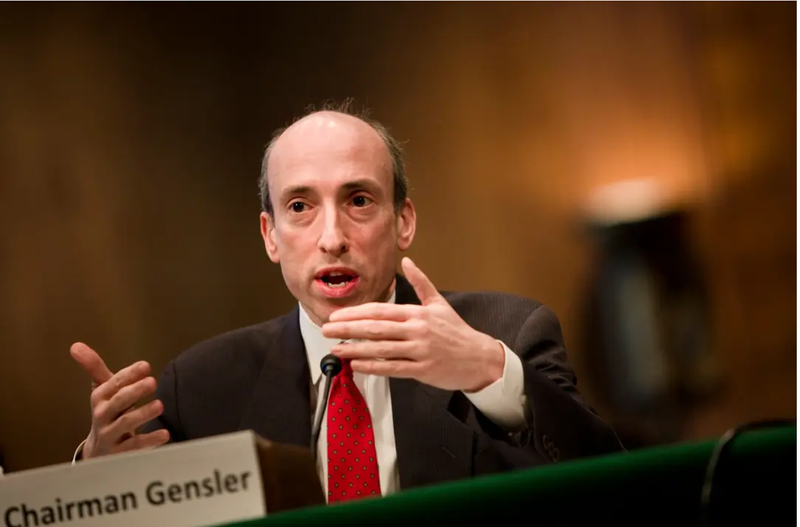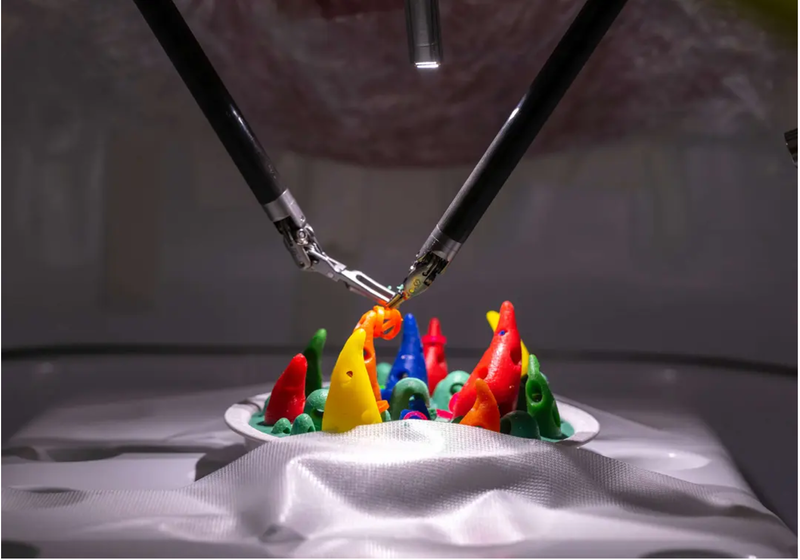Report: Disney Creates AI Task Force
Reuters reported Tuesday, citing three sources, that the Walt Disney Company has recently launched a task force to study artificial intelligence, looking to develop possible in-house applications and partner with startups.

Facts
- Reuters reported Tuesday, citing three sources, that the Walt Disney Company has recently launched a task force to study artificial intelligence, looking to develop possible in-house applications and partner with startups.1
- Disney has long invested in technology innovation, holding over 4k active patents and another roughly 2k that have expired. One of the first was filed by Walt Disney himself in 1936 for a table designed to make animating cartoons easier.2
- One of the sources, an internal supporter who argued that legacy media companies like Disney must either harness the emerging technology or risk obsolescence, advocates that AI will help cut the high costs of audiovisual production.3
- The company has currently been focused on reducing costs, scrapping plans for a billion-dollar office complex in Orlando. It has further announced its intention to cut 7k jobs this year, while increasing the price of a Disney+ subscription.4
- News of this push comes as the use of generative AI to replace Hollywood actors and writers has become a controversial issue within the industry, with 11,500 members of the Writers Guild of America going on strike in May to demand new rules.5
- The actors union SAG-AFTRA joined the walkout in July, as concerns grow about the potential impact of this technology on jobs and the possibility that it could develop derivative content based on their work without compensation.6
Sources: 1CNBC, 2Fortune, 3Reuters, 4PCMAG, 5Verdict, and 6The Messenger.
Narratives
- Narrative A, as provided by Wired. Even though studios are still kickstarting their efforts in artificial intelligence, it's crucial to understand that this human-competitive intelligence is not risk-free — to the point that some AI experts and tech leaders have urged for a pause in its development. It's not because machines can write movies and series that they should, or that they will generate the best stories.
- Narrative B, as provided by The National Review. It would be irrational not to let artificial intelligence replace humans if it ever became able to produce more entertaining series and movies at a lower cost than we do. However, if live actors and human writers make better movies as they claim, then they have nothing to fear as consumers will refuse to spend their hard-earned dollars on inferior AI-generated products.






